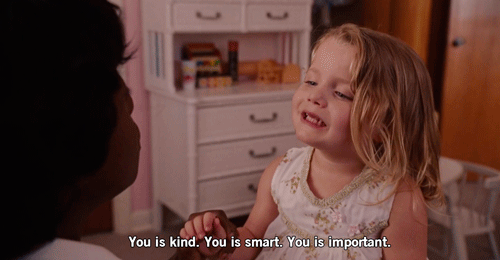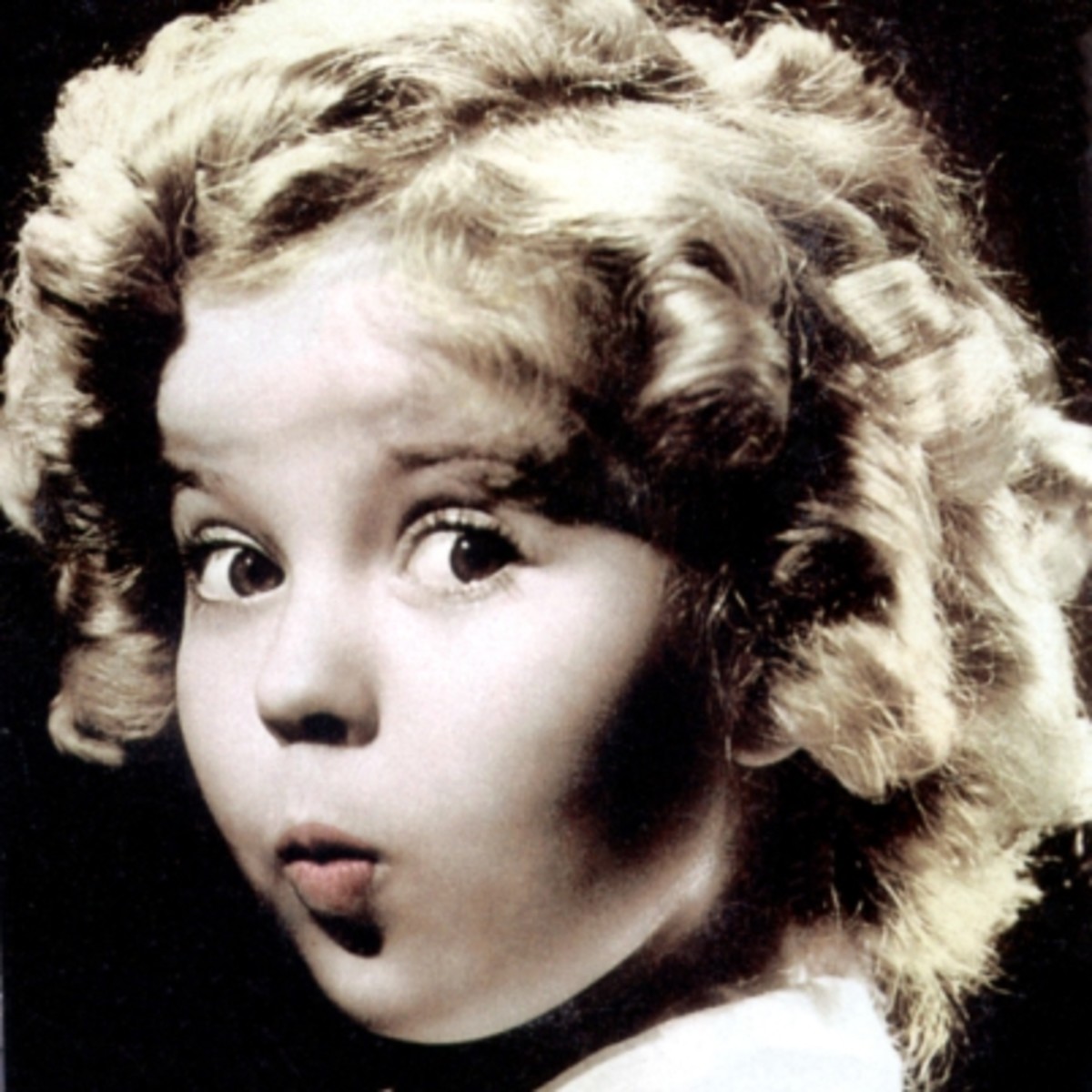I often think about important ways in which the children who become star singers or become star actors or actresses in various television or film productions are exploited–exploited by their families, agents, colleagues, and audiences. Kids in such positions receive far too little critical academic attention.
The Kids Who Work
Historically, child labor has not existed. For most of history, there was no such concept. In the United States, as the industrialism of the Gilded Age and Progressive Era spread, public education spread and child labor decreased. For non-Whites, child labor on farms often continued until the World War II era. While what we now call child labor has been basically nonexistent–in the United States–for a few decades, hundreds of children have been involuntary pushed into the world of entertainment–work and capitalism as children. This is especially problematic when we look at, say, the Olsen Twins, who became laborers as babies.
Have you ever taken pause to recognize that the child(ren) in your favorite movies or television shows are working? And that they are too young to consent? And that they are too young to understand the implications of capitalism? (And who gets all of that money?) And that they are often abandoned by their managers when they become adults?
Consider the example of Billy Gilman. He achieved fame as a singer and had several record deals as a young child. According to his statements, once he reached puberty and his voice changed, record labels were no longer interested in him. He is still a talented singer. He even entered The Voice competition in an effort to re-enter the industry.
Concerns grow further when recognizing how many people who achieve fame as children encounter problems with drugs and alcohol.
The Kids Who Work – For Free
I want to also make one separate–and small–point. I watched PBS’s documentary Generation Like a few nights ago. Really interesting, really important presentation of how children use social media. The only problem I have with it is that it focuses only on wealthy (mostly White) children and generalizes their experiences to all children.
One of the points its writers make is that the entertainment industry has tricked everyday children into working for them for free. They do this by encouraging children to “like” and “tweet” and use other social media platforms to advertise content that generates millions for advertisers and producers.
These children are also exploited. They don’t know they are working, they (generally) don’t understand how social media uses and creates them, and they don’t understand the long-term consequences of their online activity.
The Kids Who Do Not Exist
In addition to film and television characters having a very limited existence (as I wrote about here), such characters actually do not even exist, as I wrote about at-length in my dissertation. This is especially important when considering children.

Do you remember that first moment between Mae Mobley and Aibileen in The Help (2011) where viewers are supposed to be touched by the loving bond between them?
You is kind. You is smart. You is important.
Well, that moment never actually happened. Sort of.
Both Mae Mobley and Aibileen are fictional. They were created by writers. The words the bodies of Viola Davis (Aibileen) and Eleanor Henry/Emma Henry (Mae Mobley) speak were written by someone else.
This is especially important when thinking about children. Not only are they involuntarily forced to labor, they are involuntarily forced to create characters. In the process of creating these characters, children do and say things as required by others.
Adults often forget this or do not think about this, but other children–the children who see other children on-screen–don’t know they are seeing children who do not actually exist. Children–even babies–in film are often more adult-like because adults create those characters.
In another example, in the television show This Is Us there is also a moment where viewers are supposed to be especially touched. In a nutshell: Man passes away and leaves orders that his two granddaughters (teenagers) alone are supposed to plan his funeral. And they plan this beautiful service. Such occurrences are only possible in fiction, fiction where adults create children.
From Here?
What can we do? Should we just not have children in media? That might be extreme. I do not know.
And to be clear, I’m not as concerned about local theatre productions or school productions that use children. I myself was an “actor” in a few programs in first and second grade at school!
Dr. Andrew Joseph Pegoda
